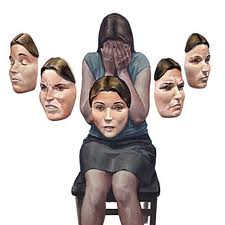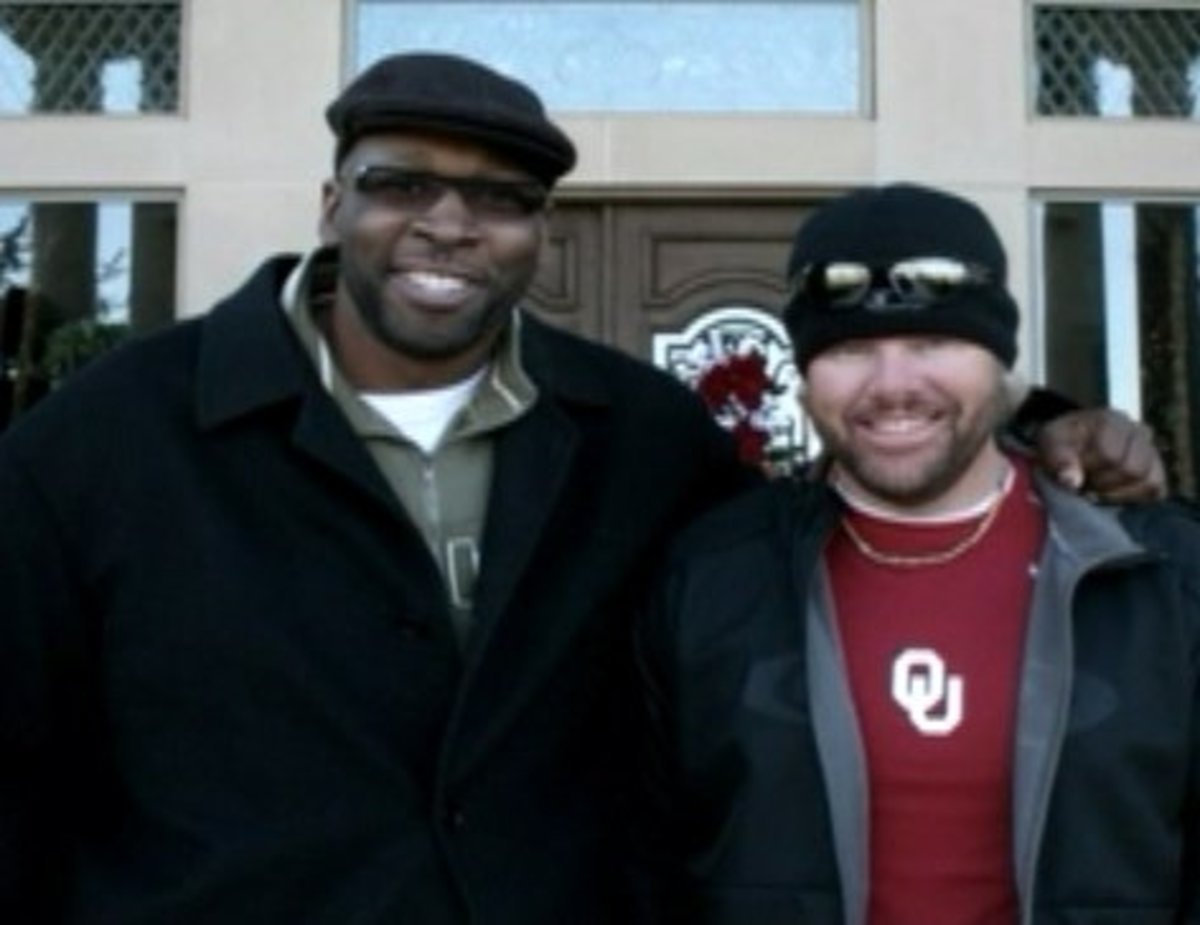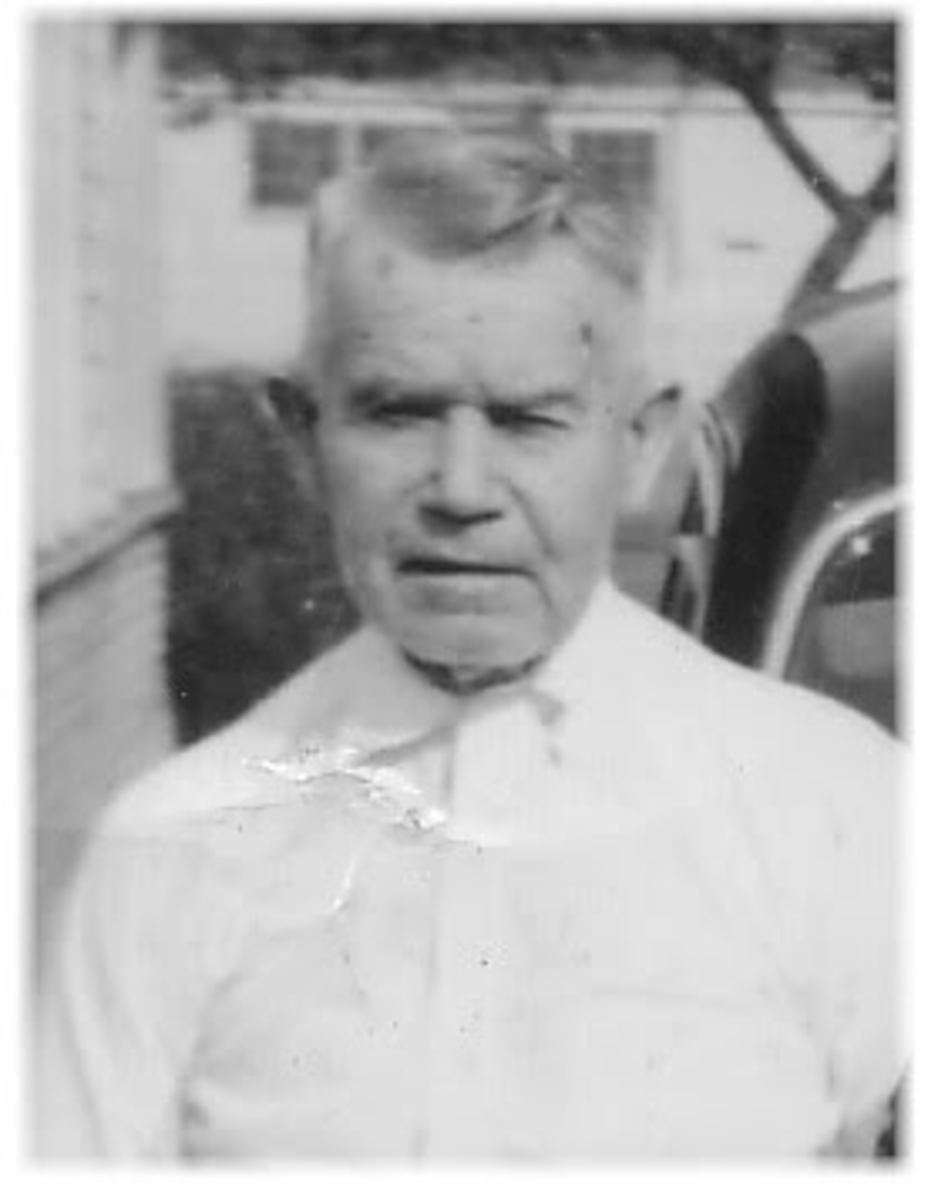Kubler- Ross- Five Stages of Grief

Spirituality is the key to a good death
We all must face death at sometime in our lives. The way we have lived will determine the way that we pass from this life. Has our life been full of meaning and purpose? When we have a short time to live and have meaning in our lives, we face less fear and despair than those who have not had meaning and purpose in theirs.
Spirituality makes all the difference in the terminally ill person, they have hope and know that they are going to a better place, therefore they do not contend with depression like those who lack spirituality.
Introduction to the Model of Coping with Dying
Kubler-Ross first introduced The Five Stages of Grief in 1969 in her book, On Death and Dying. In her book was a model, The Model of Coping with Dying, this was based on her extensive research and interviews. She describes five stages of the grief process when dealing with a terminal illness, or a devastating loss.
Not everyone experiences a life-changing or life-threatening event in the grieving process, some feel all five stages but at least two will always be experienced.
Reactions to death
During the five stages the 'roller coast' effect will hit some people, they will switch between different stages as they go through it. Until the denial stage is dealt with, the person will more than likely die an undignified death. Support groups or professional grief counseling can assist with the stages of death.
The five stages of grief does not stop at just dealing with death, but also personal losses such as jobs, freedom, divorce, drug addiction, illnesses and natural disasters.
The Five Stages of Grief
The stages of grief include:
Denial - “I feel fine.” "When I get out of here, I'm going to put in my garden.”
Denial is a temporary defense and it is not unheard of for the individual to be upset about leaving loved ones behind. The dying wonder how their loved ones that are left behind will cope with their passing, and so they sometimes deny their condition. Assuring them that their loved ones will pull together and help each other, can put the terminal ill person's mind at rest.
Anger - Not just the dying are upset about leaving loved ones behind, but the family itself can be angry when they realize they are about to lose their loved one. Making sure that all anger is held back from the dying, settle your anger outside the bedroom, for it is time to settle old and new anger issues and just love your loved one.
Bargaining - Sometimes the dying will try to strike a bargain with God, if they promise to change their ways. Helping your loved one deal with their situation is more realistic at this stage, time to help them face up to what they are dealing with.
Depression - Grief can make the loved one left behind grieve and cry for the departed one and repeatedly state that they want to join them. Coming to terms with the emotions of the ones left behind is just as beneficial for them as for the departed loved one. Our grief can hold them back from progressing on the other side, it is important to not give in to depression and know that your loved one is well taken care of and loved.
Acceptance - “I can't wait to see my mother.” Finally, the dying is ready to meet their maker and see their departed loved ones. Remind them of their departed loved ones, and how they are waiting to receive them.









